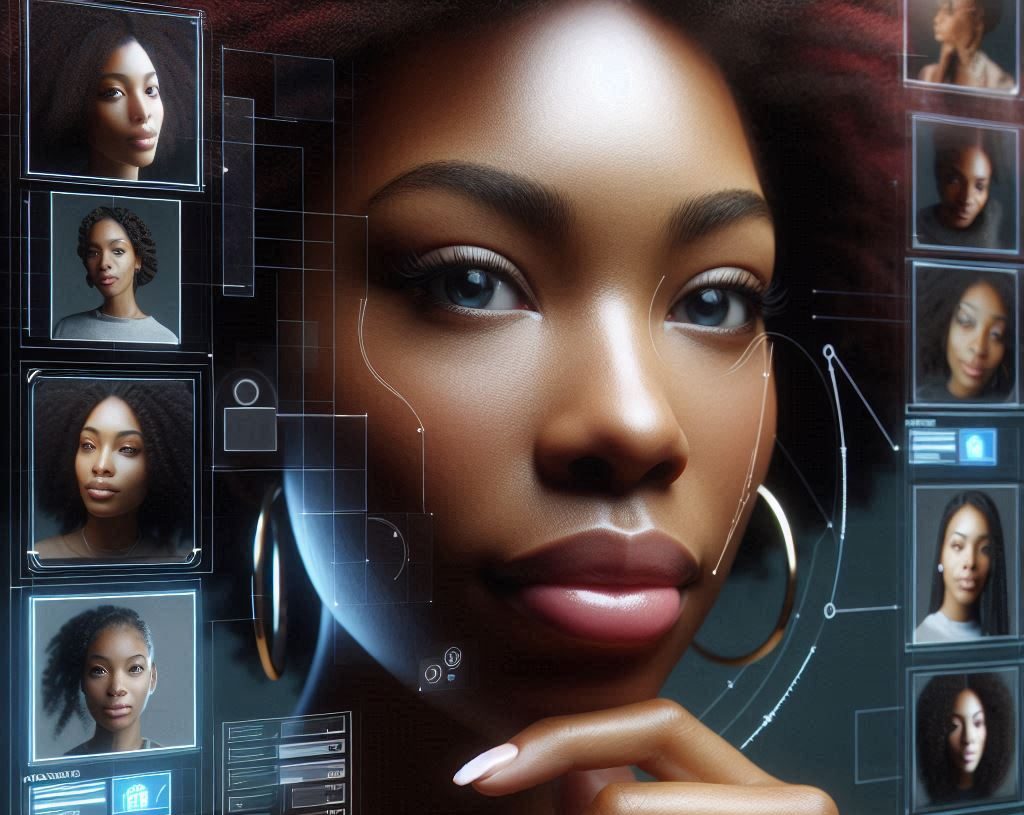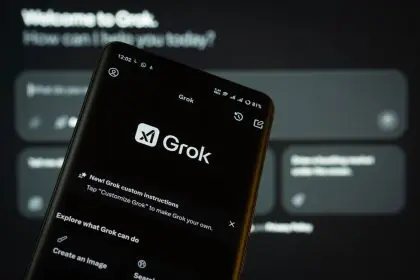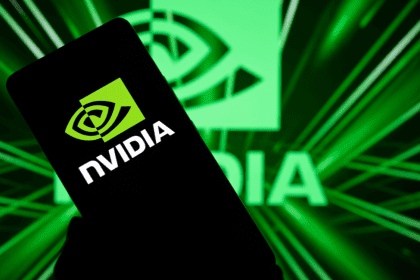In a concerning development that echoes historical hiring barriers, artificial intelligence — or AI — is now conducting job interviews, raising red flags for professionals who have already navigated decades of workplace bias. This technological shift comes at a time when studies consistently show that traditional hiring processes continue to disadvantage qualified candidates from underrepresented backgrounds.
The innovation appears sleek on the surface; AI avatars conducting preliminary interviews, promising to streamline hiring and reduce human bias. However, this promise rings hollow given AI’s documented pattern of amplifying rather than eliminating prejudice. Research from MIT published in 2023 revealed that widely used AI systems as is consistently misidentify and misclassify people of color in terms of facial recognition, with error rates up to 34 percent higher than for other groups.
The hidden cost of digital gatekeeping
For seasoned professionals who entered the workforce in the 1980s and 1990s, this new hurdle feels particularly fraught. Many recall the era of “cultural fit” interviews that served as subtle screening tools. Now, instead of human bias, they face algorithmic discrimination that may penalize everything from speech patterns to facial expressions that don’t conform to narrow AI training data.
The experience gap
The impact extends beyond just the interview process. Accomplished professionals with decades of experience report being filtered out by AI systems that fail to properly value nontraditional career paths, gaps in employment or skills gained through entrepreneurship and community leadership rather than traditional corporate roles.
This technological barrier arrives as many experienced professionals are navigating career transitions or seeking advancement opportunities. The pressure to perform for an AI system adds another layer of complexity to an already challenging process.
Pushing back against digital bias
However, professionals aren’t taking this lying down. Industry groups and advocacy organizations are demanding transparency around AI hiring tools and pushing for regular audits to detect bias. Some companies are also developing alternative AI systems trained on more diverse datasets and designed to recognize and value varied communication styles and career paths.
The path forward
Until AI systems can truly deliver on their promise of unbiased hiring, professionals are advised to:
- Request human interviews when possible
- Document all interactions with AI systems during hiring
- Report concerning patterns to industry watchdog groups
- Support organizations working to make AI more equitable
The rise of AI in hiring presents both challenges and opportunities. While the technology risks perpetuating historical barriers, increased awareness and advocacy could help shape more inclusive systems. For now, seasoned professionals must continue to navigate this new digital landscape while pushing for meaningful change.
The stakes are high; as AI becomes more prevalent in hiring, ensuring these systems work fairly for all candidates is crucial for maintaining decades of hard-won progress in workplace equity. The next chapter in workplace diversity may well be written in code, but professionals are determined to ensure that code reflects the full spectrum of human potential.

















